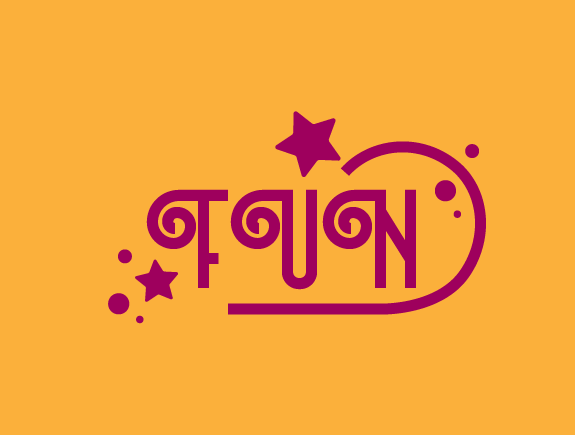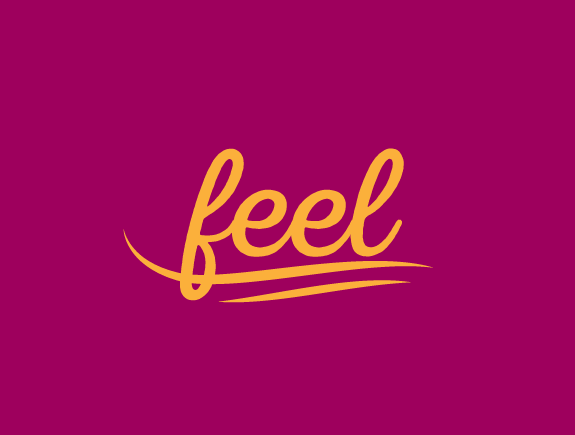Due to forced usage, some words/expressions lose their weight, their meaning. Trends or social phenomena can dedicate a brand new meaning and connotation to century-old expressions.
On the other hand, forcing and over usage of certain words make them lose their initial meaning and get a too general meaning. Hedonism is a great example. 99% of people claim they are hedonists. All of them will have a different connotation of this same word. In other words, the meaning of this word has become so broad it almost lost its meaning, since anything not related to work could be considered as hedonism.
Marketing uses such words. Many times we saw creative solutions sending the messages a pool, hotel, or cocktail are meant for hedonists only. Basically, these creative solutions are true. The problem is they are too general and seen too many times, in different industries and niches.
Some of the words marketing took over from everyday slang, some from regular everyday speech. Marketing has created some of these words itself. Copywriters define them as safe to use when they are not able to explain their initial idea to clients. These words emphasize form and lower the criteria for years.
Just as a note, this text is not dedicated to copywriters. They are familiar with all this already, so this text is actually dedicated to those who don’t consider copywriting seriously.
Fun.
As in the case of the word hedonism, the meaning of this word is both too broad and individual. Whether you put many adjectives before this word: crazy, unbelievable, incredible, things will not change significantly, it will just increase the unfulfilled expectations when it turns out what you find funny is not funny to your readers. Luckily, it is unlikely that anyone will consider a brand as serious if the brand promotes itself as fun.
Feel.
Home cleaning products, food, drinks, spices, coffee, ice cream… Do you have any of these products and need a good slogan? We have a good formula: Feel + nice adjective + taste/smell + geolocation.
Of course, this is a joke this is not a formula for a good copy, it is just an average, a thousand times seen descriptive text whose meaning is suffocated in a sea of adjectives. We know you love your product, this is how it is supposed to be, but also give us a chance to develop the same feelings.
More.
There are people who claim their products are better than competitive ones without saying the exact reason. Examples: this is not just water, it’s a special one; this is not just a shopping mall, it is much more than regular shopping, etc. these phrases have no specific meaning. They sound well though. The slogan about water with more electrolytes than other waters, users will not be interested in it and the slogan will remain as something abstract.
Experience.
Shopping malls don’t offer purchase opportunities but a shopping experience; betting places are not family-friendly, since they offer a betting experience. By the rule of thumb, connected with catering, these slogans mistify the word experience and label it as something transcendental and universal. These slogans are pretentious, they don’t offer any significant meaning, they are just an abstract expression that sounds well.
It seems some copywriters, account managers, and clients understand exactly these snazzy, trendy words. Probably because they offer enough room to leave a personal stamp in their copy. The problem is that such slogans leave enough room for users to interpret the meaning as they want. Users will skip doing it, so your copies will stay without any solution.
For all these reasons it is crucial to hire good and experienced copywriters.
Bonus word. Viral.
This word has a well-defined meaning, it is not as popular nowadays as it was a few years ago, so it doesn’t reach a wide audience, it stays within agency-client communication relation. A few years ago, everyone wanted to go viral, with posts and comments on social media channels. This word was so overused at one point that everyone lost interest in it.
Popular slang words.
Some parts of Belgrade are famous for specific slang. Brands often use slang to reach a young audience. Though, sometimes this strategy doesn’t work. It is fine to use slang in communication but only when and if you understand its meaning and usage completely. Otherwise, you cannot achieve anything, and your brand boils to trends with a popularity that will not last for too long.



















